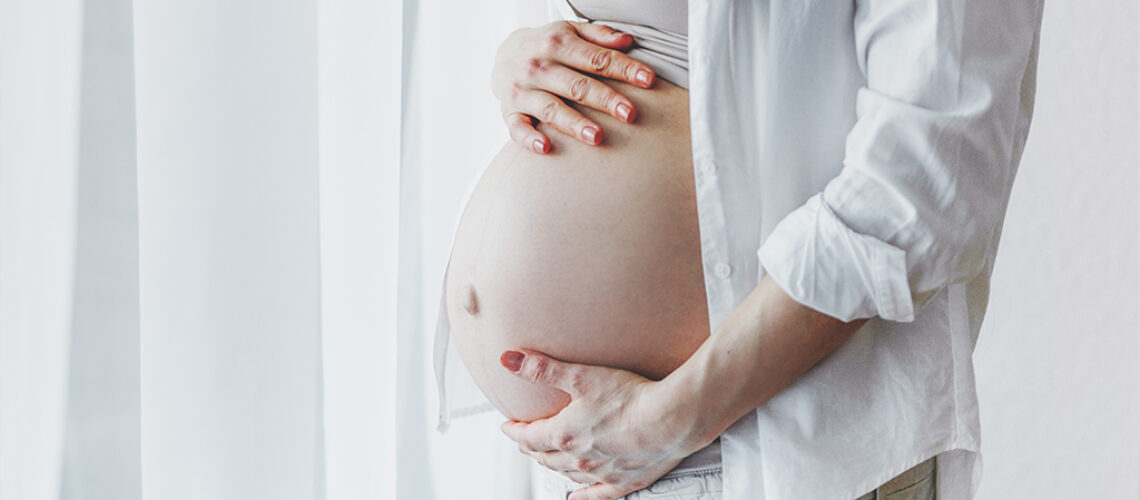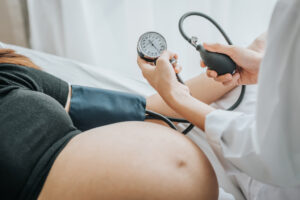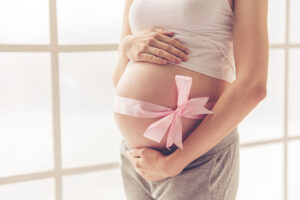Benefits of exercise in pregnancy include staying fit and healthy, reducing the risk of diabetes in pregnancy, reducing excessive weight gain in pregnancy, and preparing for labour and delivery.
The first thing to consider is your current fitness level. If you haven’t been exercising before pregnancy you can still start to exercise, gradual increasing from low to moderate intensity. For women who exercise regularly they can continue moderate to high intensity exercise with a few modifications for pregnancy.
The following conditions mean that you should not exercise in pregnancy:
- High blood pressure or pre-eclampsia
- Short cervix or cervical cerclage
- Recurrent bleeding in the third trimester
- Low lying placenta (placenta praevia) in the third trimester
- Your waters have broken
- A growth restricted baby
- Some heart and lung conditions
If you feel unwell stop exercising and reassess whether it is safe to continue. Certain exercise regimes are not suitable for pregnancy. You should not lie flat on your back during exercise in pregnancy. Avoid hot yoga. Contact sports are also not safe including hockey, horse riding, skiing. For some women exercise can be a five minute walk. Ultimately when you exercise you are aiming to do 20-30 minutes of moderate intensity exercise. You should not exceed 45 minutes exercise in one session.
Heart rate targets are age related and lower than prepregnancy targets:
Age 20-29 years heart rate target is 135-150bpm
Age 30-39 years target is 130-145bpm
Age >40 years target is 125-140.
Below is a list of exercises that are suitable to do in an uncomplicated pregnancy:
Walking, jogging, running
Swimming or aqua aerobics
Pregnancy yoga and pilates
Stationary cycling
Strength training
Lastly but very importantly exercise in pregnancy reduces stress, anxiety and improves mood.






